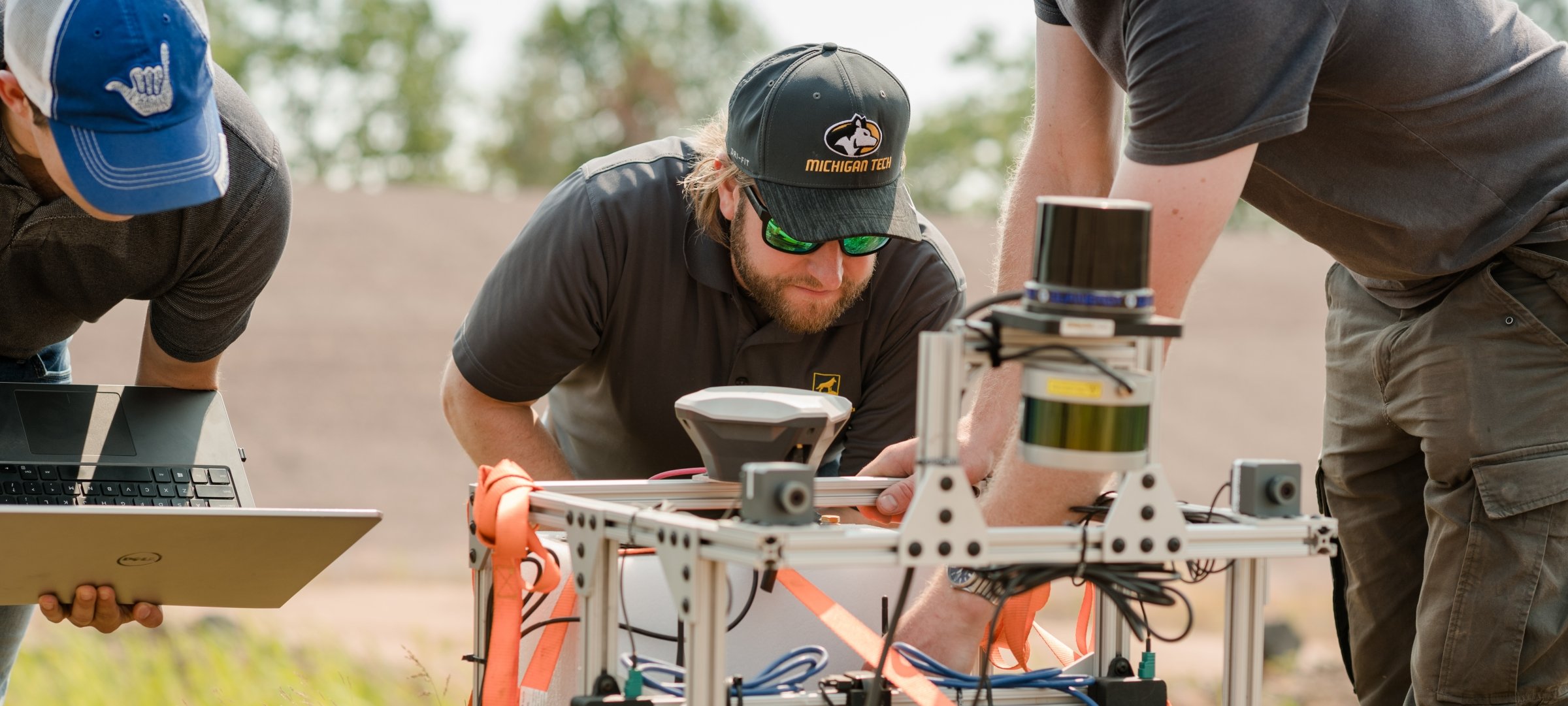PI: Benjamin Ong, DataS, Math
Sponsor: National Science Foundation
Award: $36,636 | 1 Years
Awarded: October 2019
Abstract: Computational simulations are a key part of scientific research for government, industry,
and academia, complementing laboratory experimentation and theory. However changes
in computer architectures are leading to future supercomputers that will have billions
of processors, as opposed to millions today. Further, each individual processor will
be no faster than individual processors today. Thus, these next generation machines
will no longer automatically provide a speedup to existing computational simulations,
and new mathematical algorithms must be developed and deployed that can utilize this
unprecedented number of processors. One such class of mathematical algorithms, parallel-in-time
methods, is the subject of this workshop. In particular, parallel-in-time methods
add a new dimension (time) of parallelism and thus allow existing computer models
to be extended to next generation supercomputers. The range of potential applications
for parallel-in-time to dramatically speed-up is vast, e.g., computational molecular
dynamics (e.g., protein and DNA folding), computational biology (e.g., heart modeling),
computational fluid dynamics (e.g., combustion, climate, and weather), and machine
learning.
The primary focus of the proposed parallel-in-time workshop is to educate and inspire
researchers and students in new and innovative numerical techniques for the parallel-in-time
solution of large-scale evolution problems on modern supercomputing architectures,
and to stimulate further studies in their analysis and applications. This workshop
aligns with the National Strategic Computing Initiative (NSCI) objective: "increase
coherence between technology for modeling/simulation and data analytics". The conference
will feature ten lectures by Professor Gander, an expert in parallel time integration.
Using appropriate mathematical methodologies from the theory of partial differential
equations in a functional analytic setting, numerical discretizations, integration
techniques, and convergence analyses of these iterative methods, conference participants
will be exposed to the numerical analysis of parallel-in-time methodologies and their
implementations. The proposed topics include multiple shooting type methods, waveform
relaxation methods, time-multigrid methods, and direct time-parallel methods. These
lectures will be accessible to a wide audience from a broad range of disciplines,
including mathematics, computer science and engineering.
Learn more about the CBMS Conference.

